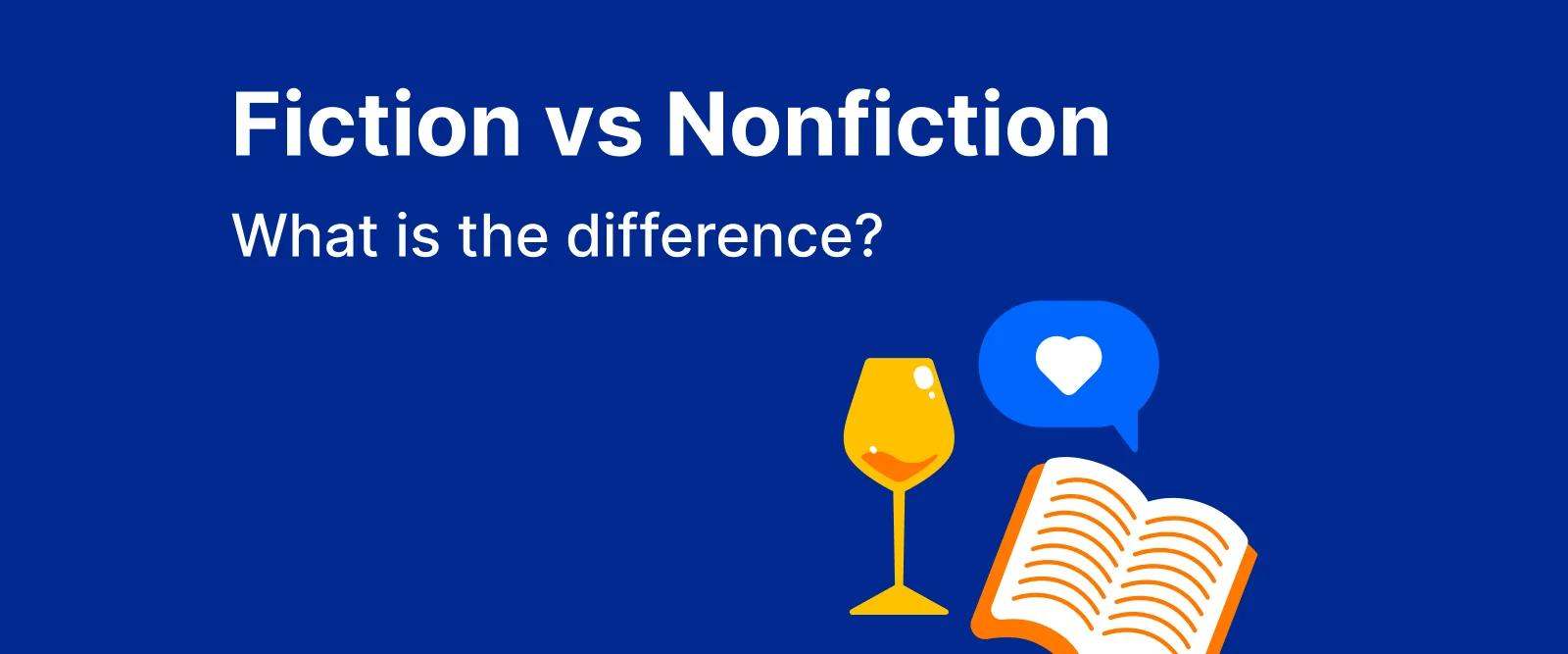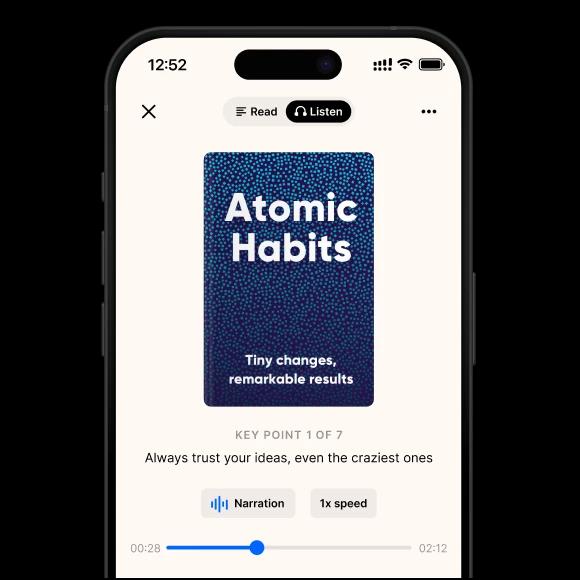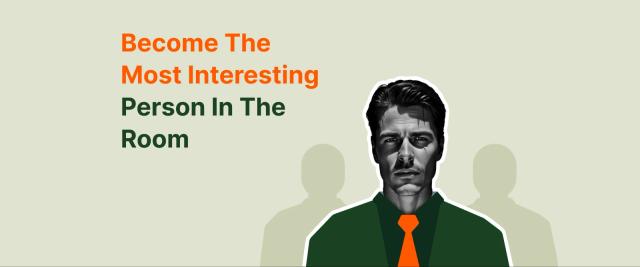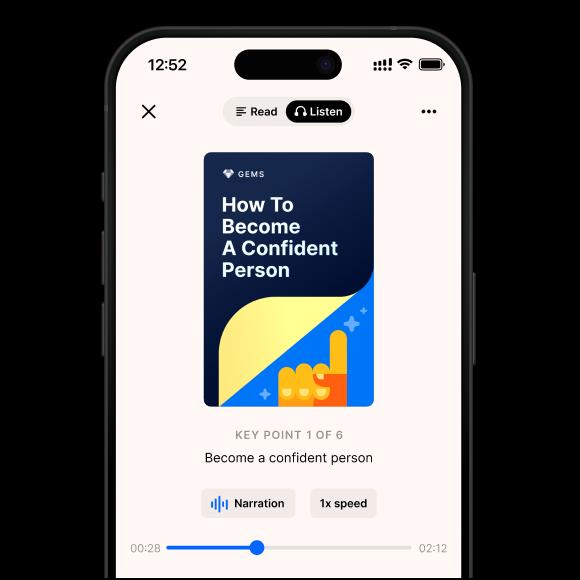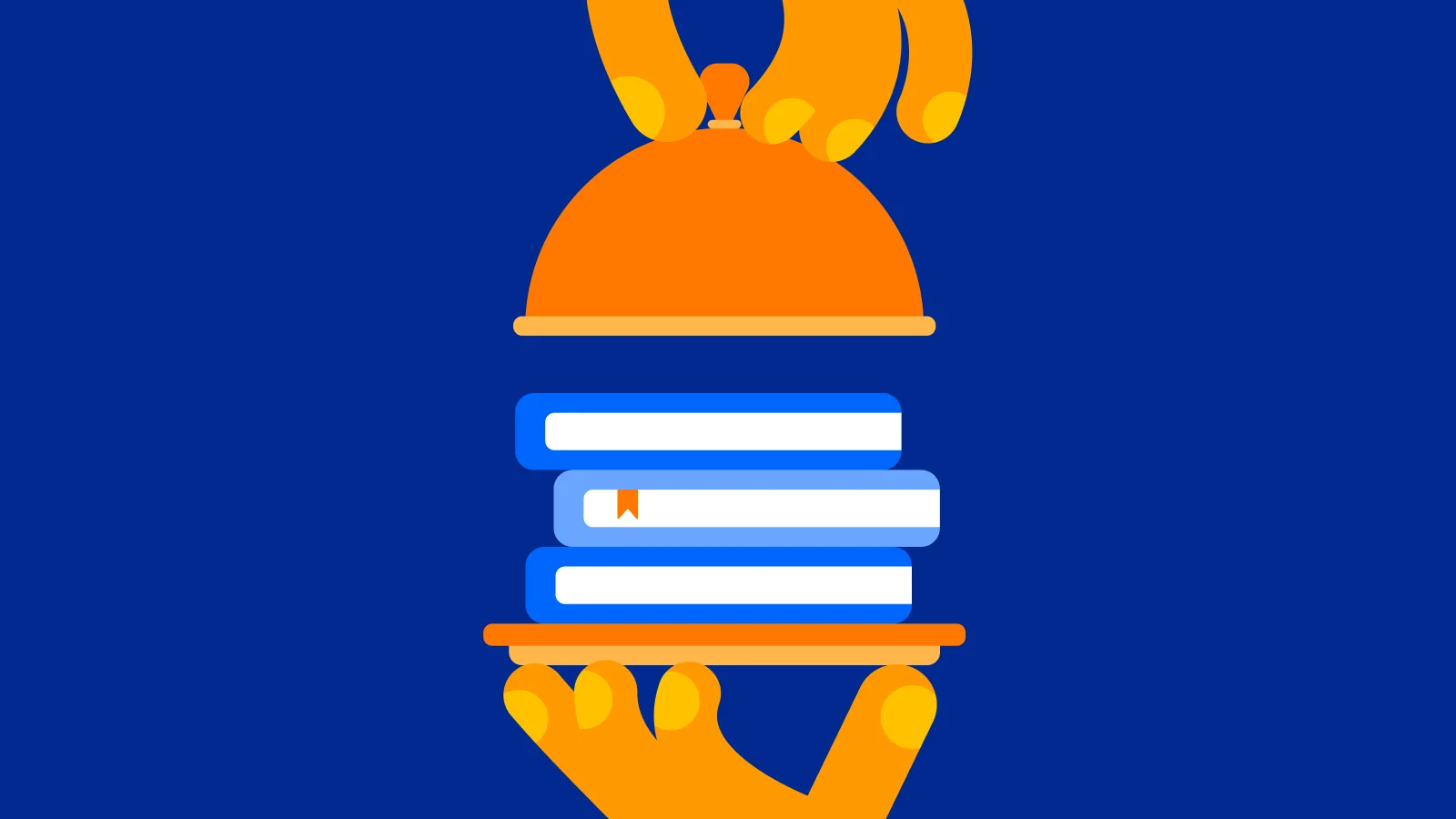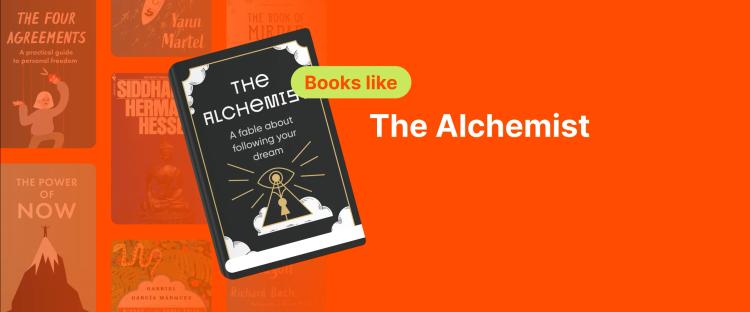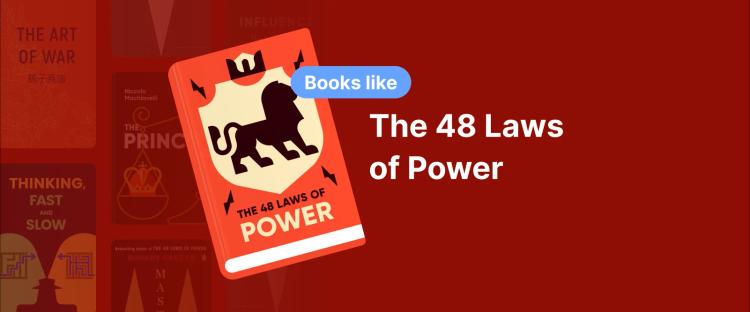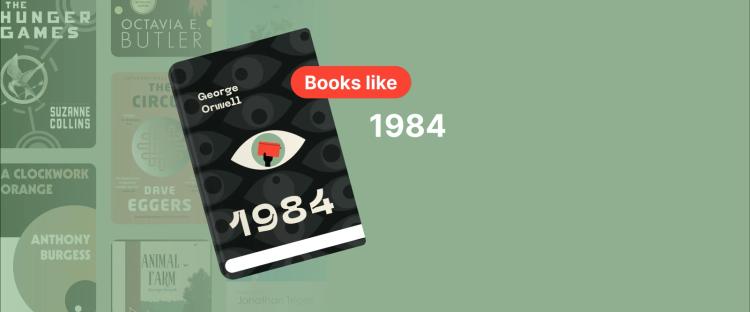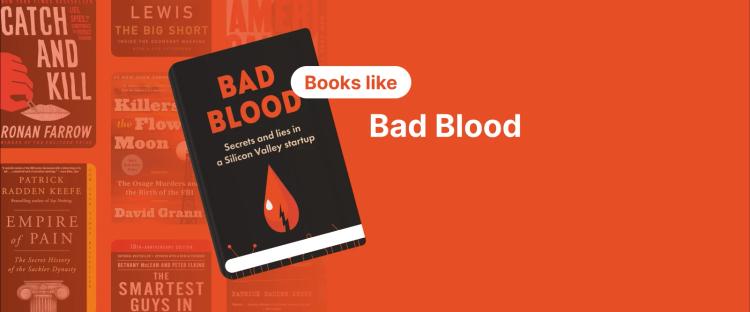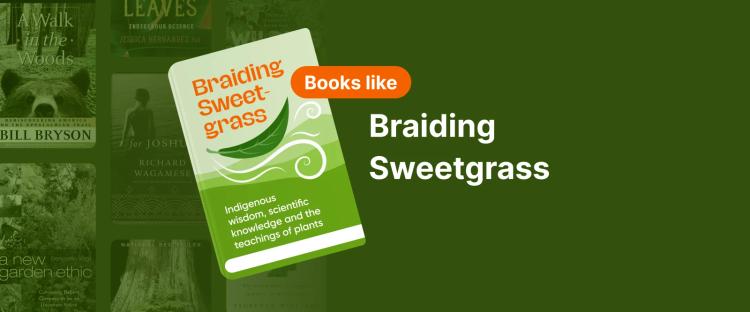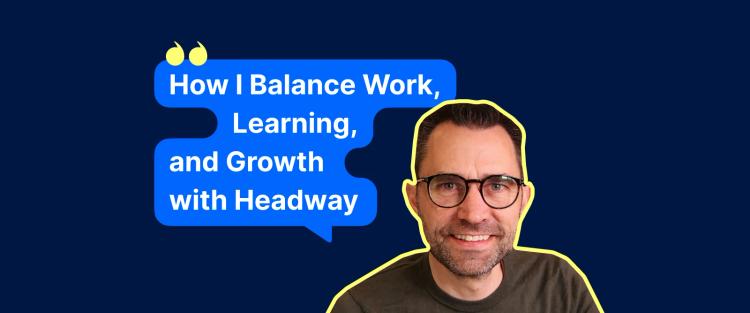In the realm of literature, fiction vs. nonfiction stand as two distinct and fascinating categories. Each offering unique experiences, they cater to readers' diverse interests and preferences. But what sets them apart?
Fiction is literature based on imagination and storytelling, while nonfiction is grounded in facts, real events, and real people. The key difference lies in the source of content: fiction is invented, nonfiction is factual.
Let’s break down the defining traits of fiction vs nonfiction and the genres they include.
Fiction vs nonfiction at a glance
| Aspect | Fiction | Nonfiction |
|---|---|---|
Based on | Imagination | Facts and real events |
Purpose | Entertain, provoke thought | Inform, educate, explain |
Examples | Harry Potter, 1984 | Sapiens, Educated |
Writing techniques | Plot, characters, creative setting | Structure, research, factual narrative |
The difference between fiction and nonfiction
When it comes to literature, the divide between fiction and nonfiction lies in the foundation of their stories. While fiction allows authors to create imaginary worlds and characters, nonfiction focuses on presenting factual information and real-life experiences.
This distinction is fundamental, shaping the purpose and techniques authors use in each genre.
What is fiction?
Fiction is a type of literature built on imagination, not facts. These stories come from the author’s creativity, with made-up characters, events, and settings. The goal is often to entertain, inspire, or spark new ideas.
Even though fiction is imaginary, it still connects to real emotions and experiences. There are many types of fiction books—like science fiction, mystery, romance, and literary fiction—each offering something unique. For instance, historical fiction mixes real events with made-up stories, while literary fiction dives deep into characters and human nature.
No matter the genre, fiction gives readers a way to escape, think differently, and see the world through new perspectives. Now, let’s see what subgenres of fiction you can explore.
List of fiction genres
Fiction unfolds like a vast night sky, each genre a star guiding us to new adventures. Whether it's the thrill of a mystery or the warmth of a romance, these literary genres form a rich tapestry where imagination crafts endless stories. Amongst the popular categories, we find:
Mystery: Page-turners that keep readers speculating to the last word;
Romance: Enthralling and fervent narratives that stir emotions;
Thriller: Intense episodes brimming with suspense that clutch at your attention;
Fantasy: Journeys through fantastic realms abundant with enchantment and mythical beings;
Fairy tales: Enchanted narratives blending magic with morals, captivating hearts with tales of triumph and transformation;
Science fiction: Visions of potential futures coupled with revolutionary technology stretching our creative capacity;
Crime: Gritty examinations into society’s shadows paired with quests for justice;
Horror: Tales designed to evoke deep-seated dread and chill one’s spine.
Note that fiction doesn’t confine itself within conventional boundaries. It also reaches out to peculiar niches, including subgenres such as:
Bizarro fiction, which celebrates all things weird;
Nordic Noir woven with ethical ambiguities;
The lavish tapestry drawn by historical fiction;
Solarpunk’s vision which is laced with green futuristic hopefulness.
Moving from the wide array of genres, we come to what truly makes a fiction book stand out. It's all about the key elements that pull us into a story, no matter its type. Let's look at what these important parts are.
What makes a great fiction book?
What makes a great fiction book? A memorable story hinges on a few critical components. A captivating beginning draws readers in, and believable characters make them stay. The narrative must be engaging, with high stakes and clever plot twists that keep the pages turning. The author's unique voice and authentic dialogue give life to the story and its inhabitants.
Key elements of great fiction stories:
Engaging opening that captures the reader's interest;
Well-developed characters with distinct personalities;
A compelling and coherent storyline;
Tension and conflict building throughout the book;
Plot twists that surprise and delight the reader;
Unique authorial voice and style;
Authentic and character-specific dialogue.
These elements work together to create a fiction book that's hard to put down, one that stays with readers long after they've finished reading.
Benefits of reading fiction literature
This genre offers a gateway to stretch our cognitive horizons, enabling innovation in how we think. The habitual indulgence in reading fiction doesn’t merely bring delight. It enriches us personally by expanding our vocabulary and granting us deeper insights into various dialects and forms of expression. And not just that. So, let’s dive in and explore what other benefits reading fiction offers to its readers.
Increased empathy.
Habitual reading of fiction enhances readers' empathy and understanding of others. A study published in the journal Science found that literary fiction, in particular, improves readers' ability to understand what others are thinking and feeling, which can lead to better interpersonal relationships.Improve mental flexibility.
Reading fiction can increase mental flexibility, allowing readers to entertain new ideas and perspectives. This cognitive flexibility is linked to creative thinking and problem-solving skills.Better imagination.
It is known that reading fiction fosters imagination and creativity in readers. By exposing readers to diverse settings, characters, and plots, fiction encourages creative thinking and the ability to come up with new ideas and creative solutions.Reduced stress.
Reading fiction, with its twisted plots and enthralling stories, can be a powerful form of escapism and stress relief. According to a study by the University of Sussex, reading for just six minutes can reduce stress levels by more than two-thirds, making it more effective than listening to music or going for a walk.
What is nonfiction?
Nonfiction is a type of literature based on facts, real events, and real people. It’s written to inform, educate, or offer insights into the world around us.
Nonfiction books cover a wide range of categories—like biographies, memoirs, self-help, and informative texts. Popular nonfiction genres include history books that help readers understand the past, and self-help books that offer practical tips for personal growth and problem-solving.
No matter the topic, the main goal of nonfiction is to share accurate, trustworthy information that helps readers learn, grow, or make sense of real-life experiences.
List of nonfiction literary genres
Within the broad realm of nonfiction, there is a genre to pique the curiosity and fulfill the informational needs of every reader. Among these genres, some particularly stand out.
Popular science.
This genre demystifies complex scientific concepts for the general public, making them accessible and engaging. Notable examples include 'A Short History of Nearly Everything' by Bill Bryson and 'Astrophysics for People in a Hurry' by Neil deGrasse Tyson.Biographies and autobiographies.
These works explore individuals' lives, with biographies written by someone other than the subject and autobiographies penned by the subjects themselves. Famous examples include 'Long Walk to Freedom' by Nelson Mandela for autobiography and various prominent biographies on historical figures.Memoirs.
Focusing on specific experiences or periods in the author's life, memoirs offer a more intimate look at personal stories and events. 'The Storyteller: Tales of Life and Music' by Dave Grohl is a notable example.Travel writing.
Encompassing travel guides and personal travel experiences, this genre takes readers on journeys to new places through the written word. Examples range from 'Eat Pray Love' by Elizabeth Gilbert to various travel guides by authors like Arthur Frommer and Rick Steves.Self-help.
Aimed at personal development and problem-solving, self-help books offer guidance on a wide array of topics from personal finance to lifestyle changes. Classics in this genre include 'Rich Dad, Poor Dad' by Robert T. Kiyosaki and 'The Subtle Art of Not Giving a F*ck' by Mark Manson.Philosophy.
This genre involves the exploration of fundamental questions about life, ethics, and human nature, making complex philosophical ideas more accessible to a broader audience. Works by philosophers like Bertrand Russell and Thomas Nagel are key examples.Religion and spirituality.
Books in this genre cover a vast array of beliefs, practices, and theological studies, from firsthand spiritual experiences to academic studies in theology, such as 'Mere Christianity' by C.S. Lewis.Business and economics.
Covering topics from entrepreneurship to economic theories, this genre includes guides, case studies, and analyses of economic principles and practices. 'Profit First' by Mike Michalowicz and 'The Big Short' by Michael Lewis are examples of books in this category.Health and wellness.
This genre focuses on physical and mental well-being, offering advice on topics like diet, exercise, and mental health practices. 'Lifespan' by David Sinclair and 'This Is Your Brain on Food' by Uma Naidoo are notable health and wellness books.
Nonfiction covers anything from personal memoirs to reflective insights into philosophy, offering something to every reader's taste. But why should you read nonfiction, you might be asking? We’ve analyzed the benefits of nonfiction literature and brought you our data-backed conclusions.
Benefits of reading nonfiction literature
Reading nonfiction offers several data-backed benefits that can enrich your knowledge and skills in various ways:
Enhanced critical thinking.
Reading a nonfiction text every so often requires you to validate the information, analyze it, and draw conclusions, stimulating a more analytical approach to processing data. This skill is particularly useful for discerning the reliability of information in today's digital age.Improved writing skills.
Reading and, therefore, being exposed to well-written nonfiction literature can also improve your writing style and skills. As a result, you are also likely to see a significant improvement in your communication skills.Increased motivation.
Reading about real-life achievements and the challenges others have overcome can be incredibly motivating. Nonfiction often provides actionable insights and life lessons from individuals who have made significant contributions or faced considerable adversity, offering valuable perspectives on persistence and success.
Examples of fiction and nonfiction books
As we explore different types of literature, it's intriguing to see how each type of book offers a unique window into different worlds. Let's take a closer look at some examples of fiction and nonfiction books, showcasing the diverse experiences they offer.
Some examples of fiction books include:
‘To Kill a Mockingbird’ by Harper Lee
‘The Great Gatsby’ by F. Scott Fitzgerald
‘Harry Potter’ series by J.K. Rowling
‘The Lord of the Rings’ series by J.R.R. Tolkien
These books take readers on a journey through imaginary worlds filled with characters and events crafted from the authors' creativity.
Examples of works of nonfiction include:
‘A Brief History of Time’ by Stephen Hawking
‘The Diary of a Young Girl’ by Anne Frank
‘Sapiens: A Brief History of Humankind’ by Yuval Noah Harari
‘Quiet: The Power of Introverts in a World That Can't Stop Talking’ by Susan Cain
‘Educated’ by Tara Westover
These books provide factual information and real-life experiences, offering readers insights into various aspects of life and the world around us.
Writing techniques: Fiction vs. nonfiction
While fiction and nonfiction may differ in their core elements, both genres employ various writing techniques to craft engaging and compelling stories. From characterization and plot development to setting and descriptive language, writers in both categories utilize literary tools and strategies to enhance their readers' experience and keep them hooked from beginning to end.
Authors utilize these techniques to generate vibrant imagery, create suspense, and captivate the readers.
Characterization: Crafting believable personalities
In fiction, characterization involves creating relatable, complex, and multi-dimensional fictional characters that resonate with readers. Writers weave intricate personalities, motivations, and goals into their characters, ensuring consistency and avoiding stereotypes to make them believable and engaging.
Nonfiction, alternatively, necessitates an objective portrayal of real individuals, prioritizing accuracy and impartial depictions. Nonfiction writers rely on research, interviews, and primary sources to ensure a faithful representation of their subjects while still imbuing them with depth and humanity.
Structure and plot: Shaping engaging narratives
Fiction employs plot and structure to captivate readers, weaving tension, conflict, and surprises into a satisfying conclusion. Writers craft intricate storylines that keep readers on the edge of their seats, wondering what will happen next and how the characters will overcome their challenges.
In contrast, nonfiction arranges real-world events into a coherent narrative, typically following a linear structure to present accurate information and real-life experiences. Nonfiction writers must balance factual accuracy with engaging storytelling, ensuring that their work remains informative while still holding the reader's interest.
Setting: Building immersive worlds
Setting plays a crucial role in both fiction and nonfiction, establishing the backdrop against which stories unfold. In fiction, writers create vivid, detailed, and unique worlds that immerse readers in a different time and place. These settings not only evoke atmosphere and mood, but also provide context for character interactions and plot developments.
In contrast, nonfiction settings demand a factual depiction of actual locations and contexts, with real-life events serving as the foundation for their narratives. Writers must conduct thorough research to ensure that their descriptions of places, events, and cultural nuances are true to life, allowing readers to gain a deeper understanding of the subject matter.
Creative nonfiction: Blending fact and imagination
Creative nonfiction is a fascinating genre that bridges the gap between fiction and nonfiction, combining factual accuracy with imaginative storytelling. Works of creative nonfiction, such as narrative nonfiction and memoirs, exemplify how creative nonfiction blurs the line between the two categories as they delve into true events and real people while employing literary techniques typically associated with fiction.
This unique storytelling approach empowers authors to probe the emotional truth behind their subjects without compromising factual accuracy. Creative nonfiction challenges the notion that fiction and nonfiction are mutually exclusive, demonstrating that captivating stories can be drawn from both the realm of imagination and the complexities of reality.
Reading preferences: Why people choose fiction or nonfiction
Reading preferences vary widely among individuals. Some are attracted to the emotional engagement and amusement fiction brings, while others are in search of knowledge, solutions, and personal development offered by nonfiction. These preferences often reflect a reader's interests, goals, and emotional needs, as well as the specific genres and subgenres that resonate most with them.
For instance, those who enjoy escaping into the imaginative worlds of fiction may be drawn to genres like science fiction, romance, or historical fiction, each offering a unique experience and emotional journey. Conversely, readers who prefer nonfiction may gravitate towards history books, self-help guides, or informative texts, seeking to expand their knowledge and understanding of the world around them.
Ultimately, the choice between fiction vs nonfiction is deeply personal and subjective, being shaped by a reader's individual tastes and aspirations. By exploring both categories, readers can broaden their horizons, discover new perspectives, and deepen their appreciation for the rich tapestry of human experience that both fiction and nonfiction offer.
Fiction or nonfiction? Discover what works best for you with Headway
At Headway, we believe every reader brings different needs to the page—some crave imaginative escapes, while others are searching for real-life tools and insights. While fiction can spark creativity and emotional connection, nonfiction helps readers take action, solve problems, and grow.
That’s why we specialize in nonfiction book summaries — so you can get powerful takeaways from the world’s best books in just 15 minutes. Whether you're looking to improve productivity, better understand human behavior, or build new habits, our content helps you focus on the ideas that matter most.
Invest in personal growth with Headway’s nonfiction summaries
Both fiction and nonfiction have value, but at Headway, we focus on nonfiction because of its practical impact. Nonfiction books—especially in categories like self-help, psychology, and business—are full of insights that can improve your mindset, skills, and everyday life.
That doesn’t mean fiction doesn’t have a place. Stories can build empathy and expand imagination. But if you're short on time and eager to learn, nonfiction summaries on Headway offer a shortcut to transformation, helping you grow smarter and more confident, one idea at a time.
FAQ
How do you tell if a book is fiction or nonfiction?
The easiest way to tell if a book is fiction or nonfiction is by looking at its content and intent. Fiction books, like romance novels or short stories, are made up—they come from the author’s imagination. They often include invented characters, dramatic plots, and creative settings. Nonfiction books, on the other hand, are based on real events, people, or facts. These include documentaries, biographies, and educational texts.
To check quickly, you can look at the category listed on sites like Amazon or in the English subject sections of libraries or bookstores.
Is it better for your brain to read fiction or nonfiction?
Both fiction and nonfiction offer unique benefits for your brain. Reading fiction books—especially those with strong character development—can improve empathy, creativity, and emotional intelligence. Nonfiction, including genres like memoirs and documentaries, helps build knowledge and analytical thinking.
The best choice depends on your goals: for emotional insight and imagination, try fiction; for learning and critical thinking, go with nonfiction. Either way, both types can improve your overall reading experience.
Is nonfiction harder to read than fiction?
Not always. Nonfiction books can sometimes feel more challenging because they often include facts, technical terms, or abstract ideas. But the reading experience also depends on the reader’s interest and familiarity with the topic. A biography or self-help book may feel just as engaging as short stories or romance novels.
If you’re new to nonfiction, starting with a conversational style or narrative-driven book can make it feel more approachable.
Should I read fiction or nonfiction at night?
If you're trying to wind down, fiction is usually the better choice. Many readers find that romance novels, fantasy, or short stories help them relax and unplug from daily stress. Nonfiction—especially if it's thought-provoking or work-related—can sometimes be too stimulating before bed.
That said, light nonfiction or reflective books like memoirs can also be calming. It comes down to your personal reading experience and what helps you sleep better.
Why is it called non-fiction?
Nonfiction is any document or media content that conveys factual information about the real world rather than being based on imagination. It encompasses books on history and biography, instructional manuals, commentaries, and more, offering insight into our lives and the events that make up our world.
Nonfiction can be used to educate, inform, and entertain readers. It can provide a deeper understanding of the world around us and can help us make sense of our lives and the events that shape them.
Is poetry fiction or nonfiction?
Poetry can be either fiction or nonfiction. Some poems express real events or emotions (nonfiction), while others are entirely imagined (fiction). In English literature, poetry is valued for its emotional depth and artistic expression, regardless of its factual basis.

